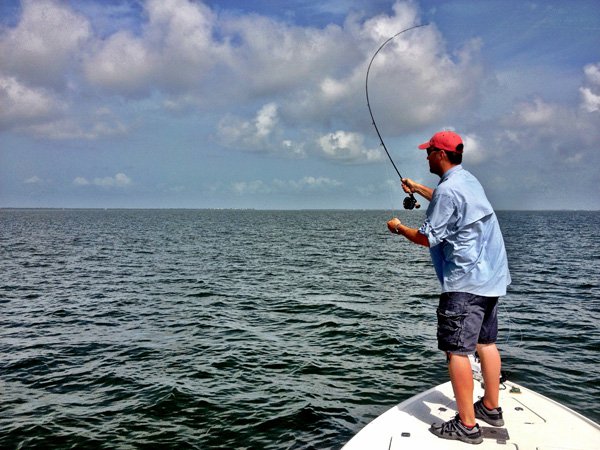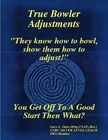Traveling clarification
Question
QUESTION: Loose ball scrambles often result in a player sitting or laying on the floor with the ball in his/her possession. Can you please clarify what actions, such as pass or dribble, are allowed as well as what actions result in a traveling violation.
Thanks.
ANSWER: Matt,
In a situation where a player is laying or sitting on the floor and in possession of the ball, it would depend on whether the player is holding the ball and has discontinued a dribble, or gained possession while on the floor without having dribbled the ball yet. Bottom line is if a player is holding the ball on the floor he/she may not stand up with the ball or roll around with the ball. That would be a Traveling violation. If he/she wants to stand up, they must do it while dribbling the ball. A player may pass the ball at any time, there is never any restrictions on a player as to when they cannot pass the ball.
I hope that helps, and thank you for your question.
---------- FOLLOW-UP ----------
QUESTION: Thank you. That answer is very helpful, but I do have one follow-up on the meaning of "roll around". Some officials seem to allow a lot of movement and positioning to make a pass while prone. Others allow very little if any movement. Are there certain movements that trigger the violation(going from back to side, placing feet on floor, lifting feet off floor, etc.) or is it a discretionary call. This is a common occurrence in my daughter's AAU games and the call seem to vary.
Thanks again.
Answer
Matt,
Basically, if your laying on your back with the ball, you cannot rotate 360 Degrees and end up on your stomach, or vice versa. Laying on your back, and rotating to the side to make a pass is legal. In youth basketball, most officials are not trained like High school and college officials, and sometimes, if a play looks like a travel, they will call it. Once popular inconsistent call that I see over and over is when a player with the ball in hand (not dribbling) just falls to the floor. This would be a traveling violation, however, some officials call it, some let it go; either because they don't know the rule, or they just freeze and don't blow their whistle. This is common among newer officials. So a player rolling around the floor depending on exactly how they are doing it, may or may not get called for the travel.
Just remember this concept when it comes to officiating as a general rule. The concept is Advantage/disadvantage. If one player does something to put their team at an advantage while putting the opposing team at a disadvantage, a violation or foul should be called. So there are calls in basketball that can be very objective. What one official sees and how he/she interprets a play maybe different than another official. It would be nice if it could all be uniform, but officiating sports especially basketball is an imperfect science.
Thanks for the question.
Driving to the basket
Loose Ball Fouls/ Bonus Situation


